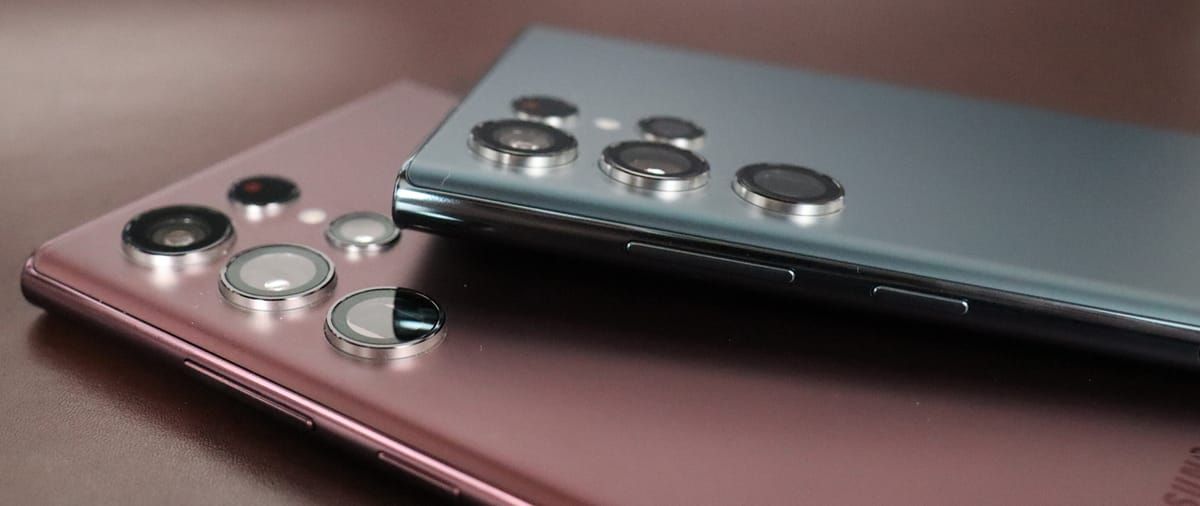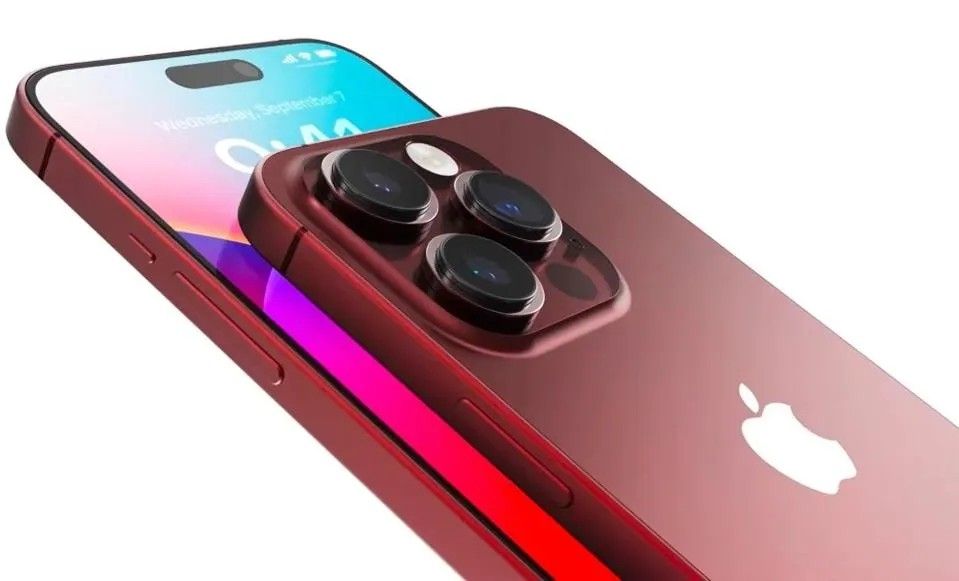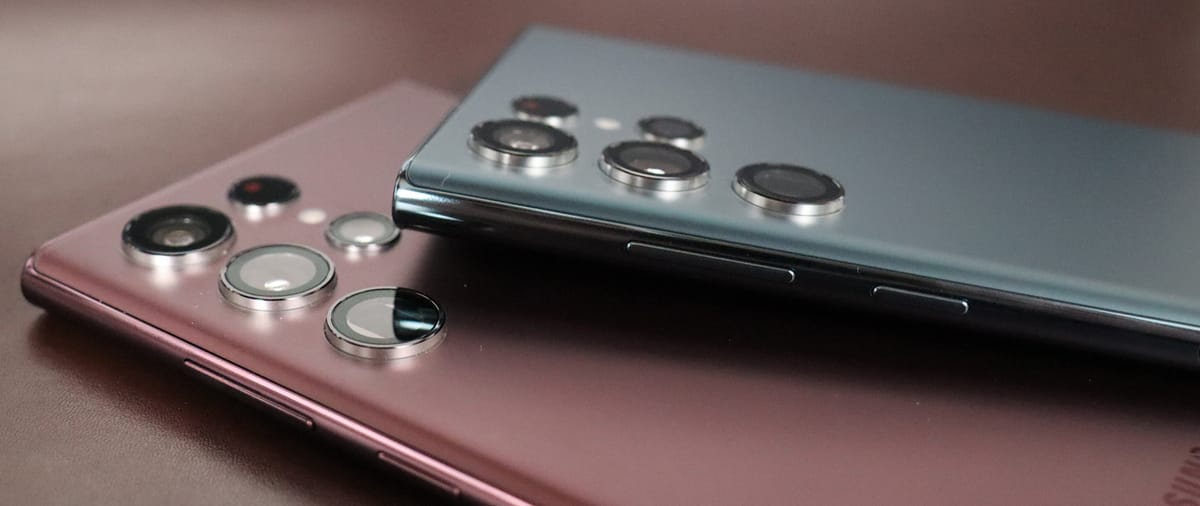
Advantages of Using iPhone:

Ecosystem Integration: Seamless integration with other Apple products (Mac, iPad, Apple Watch, etc.) allows for a cohesive user experience.
Software Updates: iPhones receive regular software updates for several years, ensuring access to the latest features and security improvements.
User Interface: iOS is known for its intuitive and user-friendly interface, making it accessible for users of all ages.
App Quality: Many developers prioritize iOS, leading to a higher quality of apps and often more exclusive releases.
Privacy and Security: Apple emphasizes user privacy with features like end-to-end encryption and a strong App Store review process.
Resale Value: iPhones tend to retain their value better than many Android devices, making them a good investment.
Camera Quality: iPhones are renowned for their camera technology and image processing capabilities, delivering high-quality photos and videos.
Advantages of Using Samsung:
Variety of Devices: Samsung offers a wide range of devices at various price points, catering to different user preferences and budgets.
Customization: Android allows for extensive customization options, including app placement, widgets, and third-party launchers.
Hardware Innovation: Samsung often leads in hardware innovations, such as AMOLED displays, foldable screens, and high-capacity batteries.
Expandable Storage: Many Samsung models support microSD cards, allowing users to expand their storage capacity easily.
Multitasking Features: Samsung devices often have advanced multitasking capabilities, such as split-screen mode and pop-up view.
Customization of User Experience: Samsung’s One UI allows for a personalized experience with various themes and options to tweak system settings.
Integration with Other Devices: Samsung’s ecosystem includes wearables, tablets, and smart home devices, allowing for a connected experience.
Both brands have their unique strengths, and the choice often comes down to personal preference and needs!


